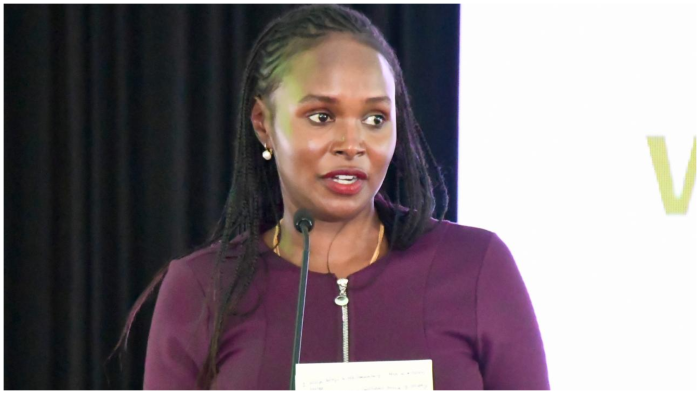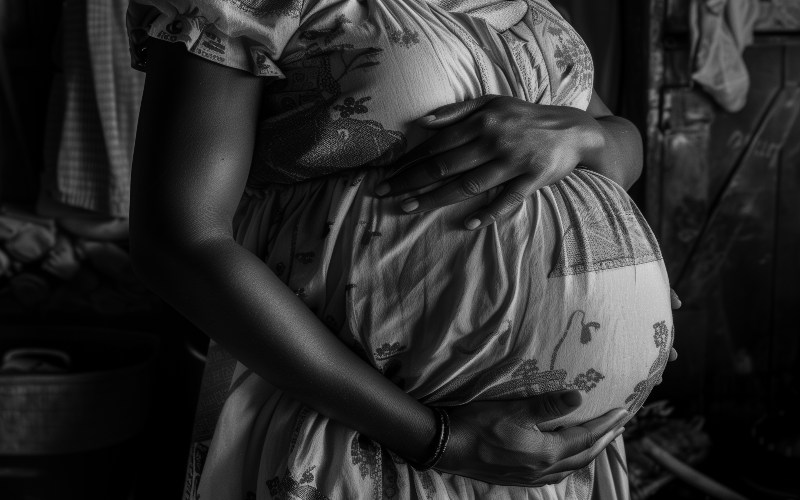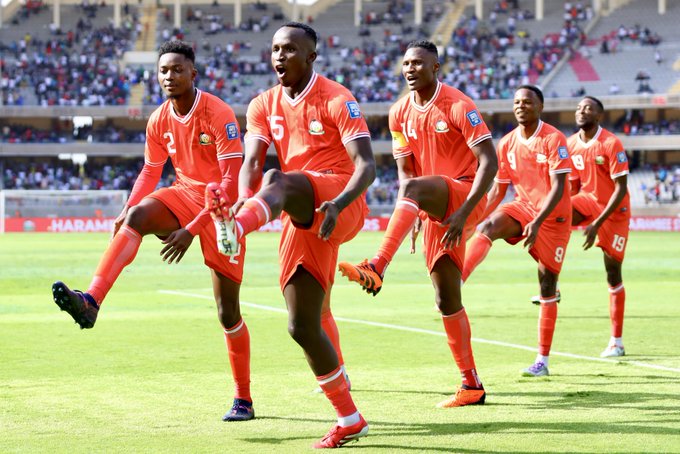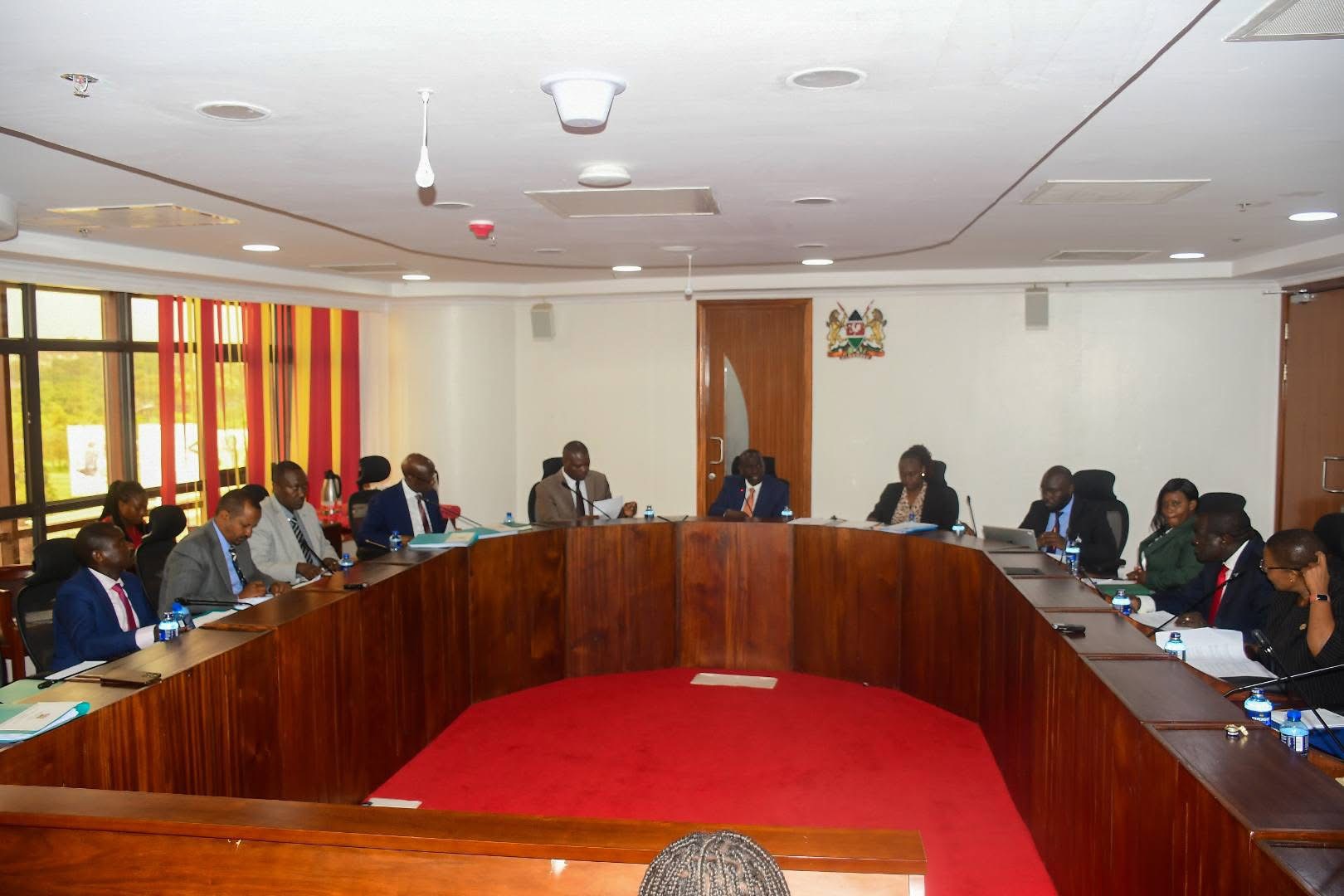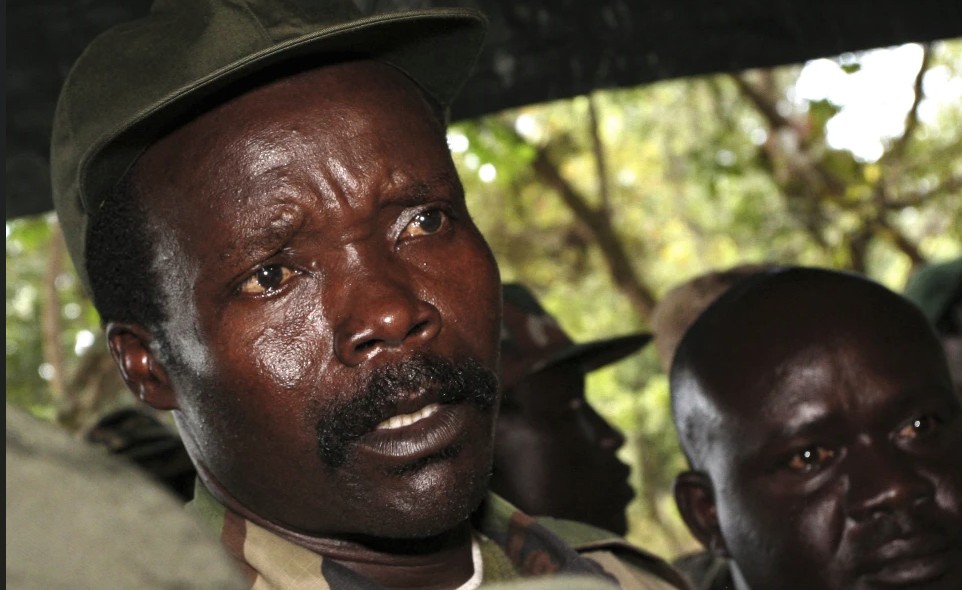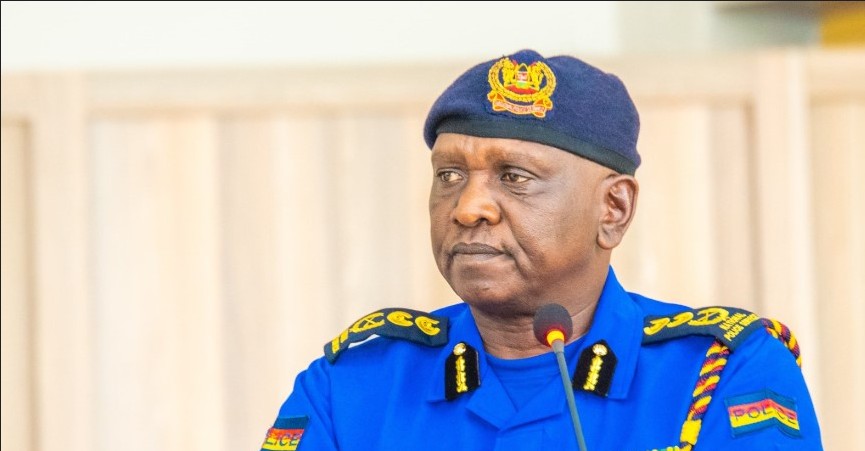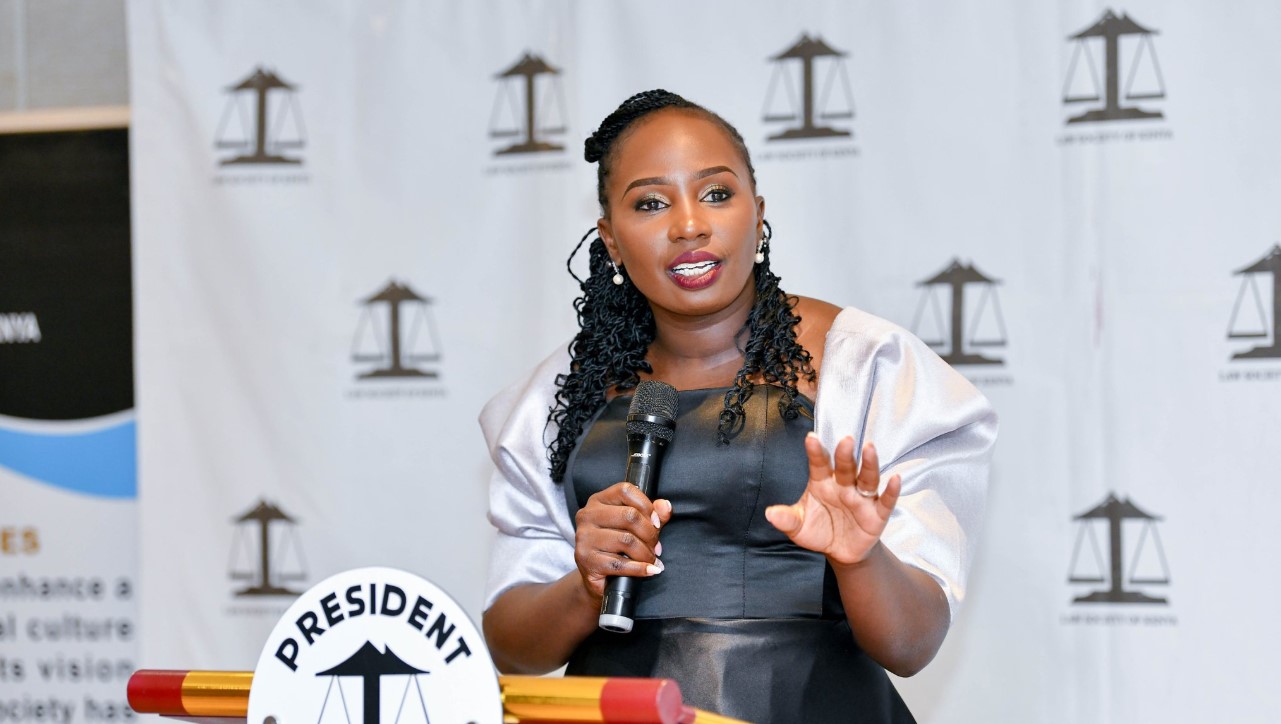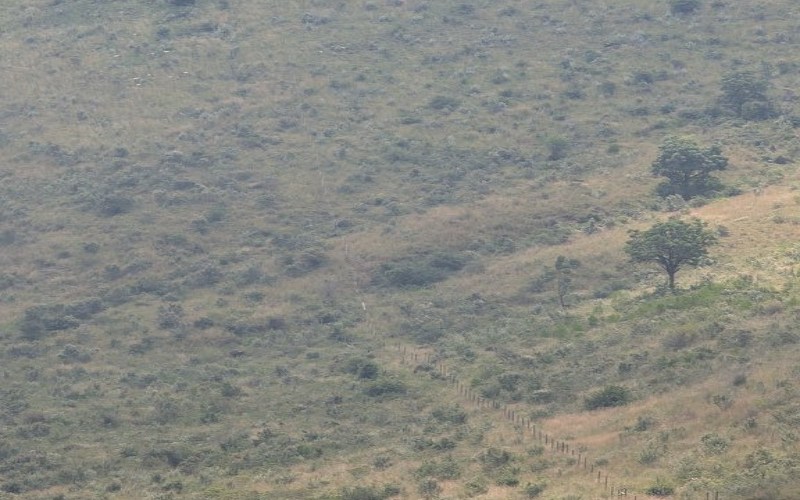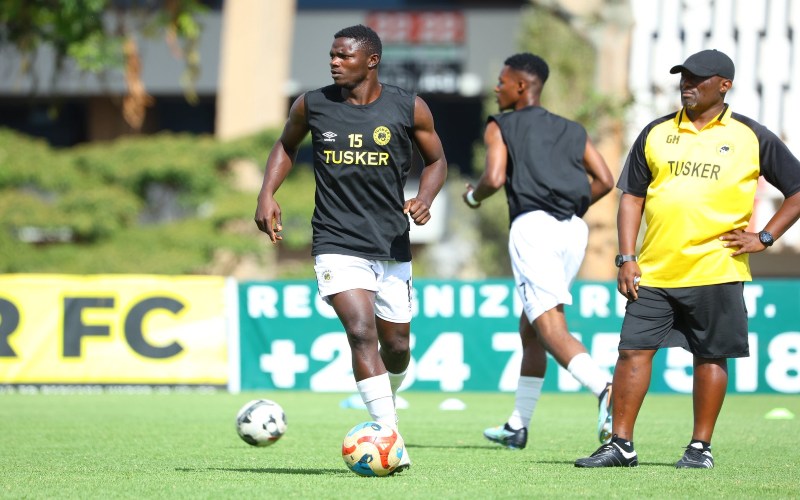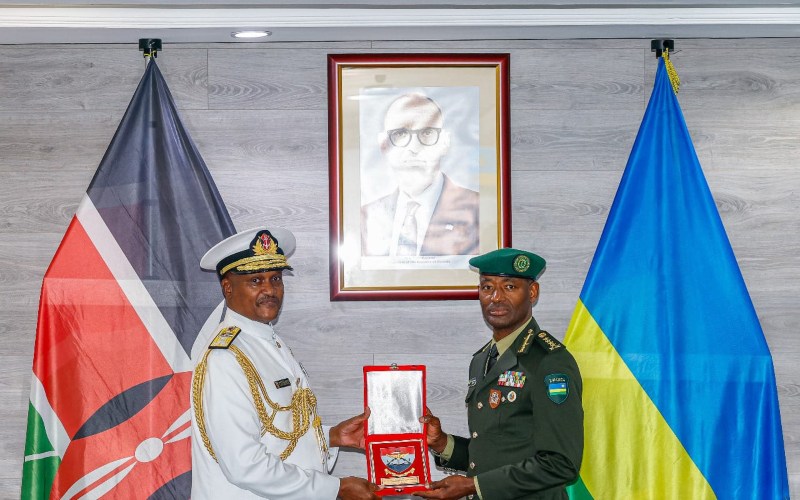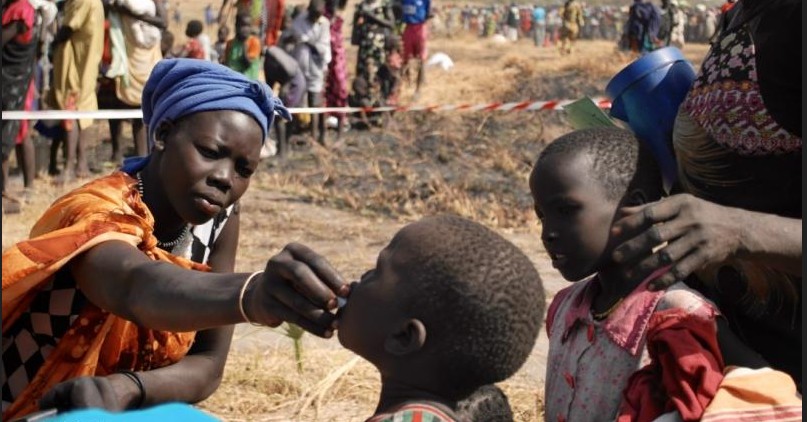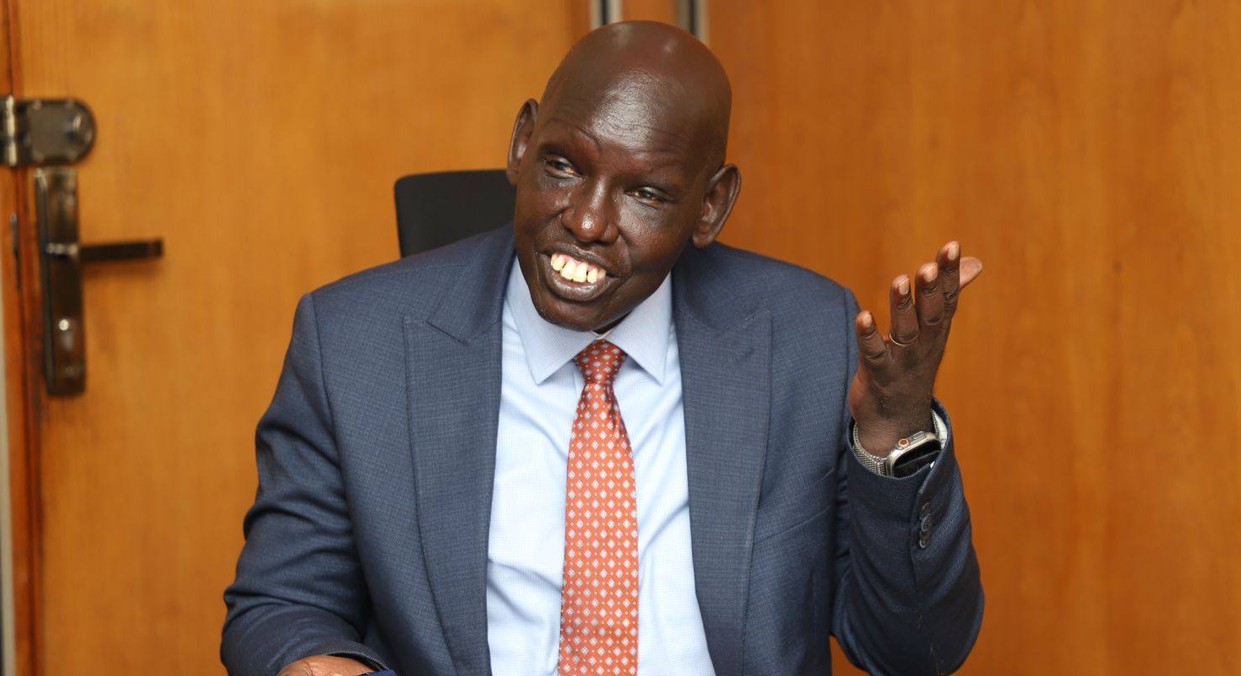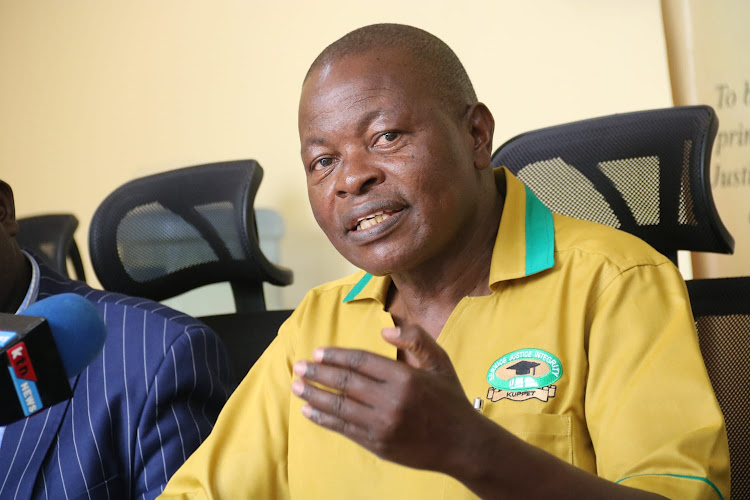Sudan: One-sided truce prompts calls for humanitarian aid
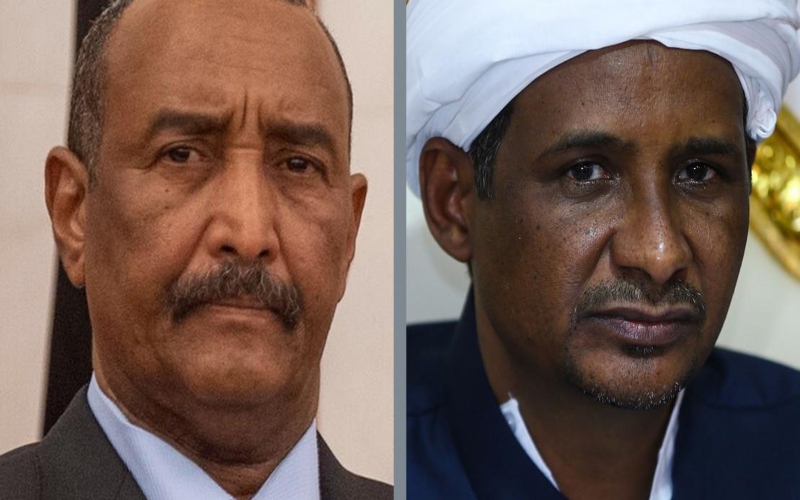
Rights organizations are pushing for urgent aid increases as the paramilitary RSF has agreed to a pause in fighting. Hunger, meanwhile, has reached new record levels.
Until Thursday, violence by the Rapid Support Forces (RSF) against Sudanese civilians was ongoing.
However, on Thursday afternoon, the paramilitary group led by General Mohammed Hamdan Dagalo said that it was ready to commit to a three-month humanitarian truce.
More To Read
- Sudan records nearly 2,000 cholera deaths as conflict exacerbates outbreak: Africa CDC
- Sudan's paramilitary forces agree to proposal of humanitarian truce
- Genocide prevention expert raises alarm over alleged Sudan atrocity crimes
- Sudan conflict is spreading to South Sudan, hurting oil trade and border stability - UN
- Fact Check: How fake content about the Sudan war spreads
- Sudan war and political uncertainty block progress on Abyei peace talks
"In response to the aspirations and interests of the Sudanese people, the Rapid Support Forces affirms its agreement to enter into the humanitarian truce proposed by the Quad countries," the RSF said in a statement.
The "Quad countries" refer to the United States, Egypt, the United Arab Emirates (UAE) and Saudi Arabia, which mapped out a plan for Sudan moving forward: The three-month truce is to be followed by a ceasefire and a political process.
The other warring party, the Sudanese Armed Forces (SAF), has yet to comment. However, when the Quad countries proposed the draft in mid-September, SAF's General Abdel Fattah al-Burhan rejected the proposal.
On Tuesday, the SAF also rejected a US-proposed truce proposal. SAF's defence minister, Hassan Kabroun, thanked the "Trump administration for its efforts and proposals to achieve peace" but added in a televised speech that "preparations for the Sudanese people's battle are ongoing."
Still, if the RSF keeps its word, the truce might open up a much-needed window for the increase of humanitarian aid, as Sudan's humanitarian situation has been on a downward spiral since the generals on both sides fell out over the integration of the RSF into the national army in April 2023.
The dispute prompted the devastating civil war, which has spiralled into the worst humanitarian and displacement crisis in the world, according to aid organisations. Observers fear that up to 140,000 people have been killed, the infrastructure of the gold-rich country is in ruins, and famine, hunger, and diseases are widespread. Millions of people have sought refuge in neighbouring countries or are displaced within Sudan.
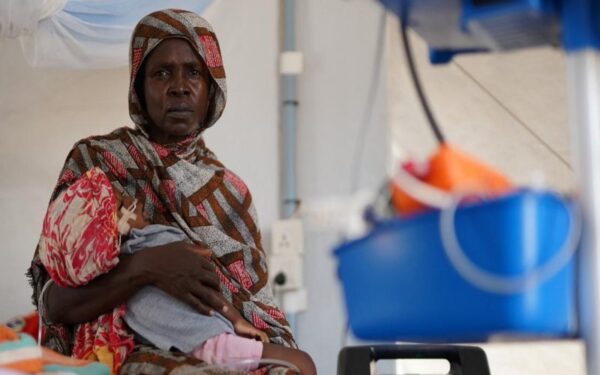 Sudanese civilians have been bearing the brunt of the civil war that started in April 2023. (Photo: Mohamed Jamal/REUTERS via DW)
Sudanese civilians have been bearing the brunt of the civil war that started in April 2023. (Photo: Mohamed Jamal/REUTERS via DW)
According to the latest Integrated Food Security Phase Classification, an estimated 21.2 million people, 45 per cent of the population, now face high levels of acute food insecurity (IPC Phase 3 or above), including 375,000 people in IPC Phase 5 (Catastrophe) and 6.3 million people in IPC Phase 4 (Emergency).
"International aid organisations continue to face major challenges in reaching people affected by the conflict in Sudan," Michelle D'Arcy, Sudan country director of the Norwegian People's Aid organisation, warned on Friday.
She added that now is the time to increase support for locally-led responders who are deeply rooted in their communities and best positioned to provide rapid, life-saving assistance.
The Sudanese Armed Forces have used the RSF's recent mass killings of civilians in Darfur's regional capital, el-Fasher, to avert attention from the war itself, Michelle D'Arcy warned on Friday.
"There is a lot of politicisation and push from the SAF as well," she told DW.
Furthermore, Hager Ali, a researcher at the German think tank GIGA Institute for Global and Area Studies, told DW on Thursday evening that the RSF's statement to enter a humanitarian truce was not very credible.
"The RSF used past mediation processes to present themselves as more cooperative than the SAF to the international community," she warned.
"The fighters of the Rapid Support Forces neither follow rules of engagement nor do they respect the laws of war," Ali added. "Any fighter can harm civilians arbitrarily."
Calls for accountability
Despite Thursday's statement by the RSF, global aid organisations say that it is key to hold the paramilitary group accountable for their atrocities.
"The possible ceasefire might be a first step, but the people of Sudan need maximum diplomatic and political pressure on the warring parties to stop the atrocities and to allow access to the suffering people," Mathias Mogge, secretary general at the German aid organisation Welthungerhilfe, told DW on Friday.
Scores of testimonials by civilians who managed to flee and close-up satellite images have been documenting door-to-door killings, mass graves and other atrocities since the Rapid Support Forces seized control of Sudan's el-Fasher in late October.
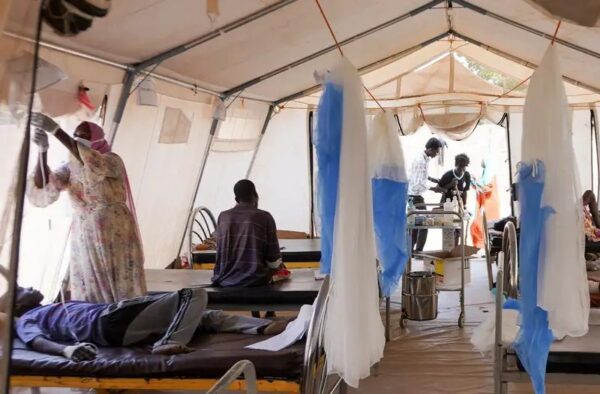 The acceptance of a truce by the Rapid Support Forces in Sudan might be the first chance to increase humanitarian aid for the long-suffering population after 2.5 years of civil war. (Photo: Mohamed Jamal/REUTERS via DW)
The acceptance of a truce by the Rapid Support Forces in Sudan might be the first chance to increase humanitarian aid for the long-suffering population after 2.5 years of civil war. (Photo: Mohamed Jamal/REUTERS via DW)
"Before we made it to the refugee camp, we had to endure hunger, thirst, beatings and were robbed by the RSF," Adam, a survivor, told DW on Thursday after he arrived at a refugee camp in Tawila, a town southwest of el-Fasher. "At a checkpoint, they held us for four days. We were beaten and they took everything we owned, our phones and money."
As of now, it remains impossible to speak to survivors within el-Fasher itself, as the RSF has cut off mobile internet for civilians. Aerial images are the only way to monitor the crisis at the moment, Nathaniel Raymond of Yale University's Humanitarian Research Lab, the institute that has been analysing el-Fasher's satellite footage, told news agency AFP this week.
He added that they were not counting individual remains, "but tagging piles of bodies and measuring them as they get bigger." The next step will be to trace "the perpetrator's transition from killing phase to disposal," Raymond said, asking, "Are they going to do trenches? Are they going to light them on fire? Are they going to try to put them in the water?"
Sanctions as a next step
Laetitia Bader, Horn of Africa director at Human Rights Watch, told DW on Friday that she sees sanctions on the leaders of the Rapid Support Forces as a critical next step, despite their vows for the humanitarian ceasefire.
"The UN Security Council has the mandate to implement sanctions against the RSF leaders, and they need to act on that," Bader said.
In her view, individual countries need to follow up with bilateral sanctions on RSF leadership personnel to make clear the world will hold them to account for their crimes.
"We need to see political consequences for the backing of the RSF, as well as public criticism of what has been ongoing military support from the United Arab Emirates towards the Rapid Support Forces," she added.
Although Abu Dhabi has been fiercely denying any support for the RSF, evidence in the form of arms and ammunition of Emirati origin has been found frequently.
The SAF is supported by Egypt and other regional countries.
Both sides of the war have already been sanctioned by the outgoing US administration under Joe Biden. According to analysts, the US sanctions have had rather symbolic consequences so far.
Top Stories Today
